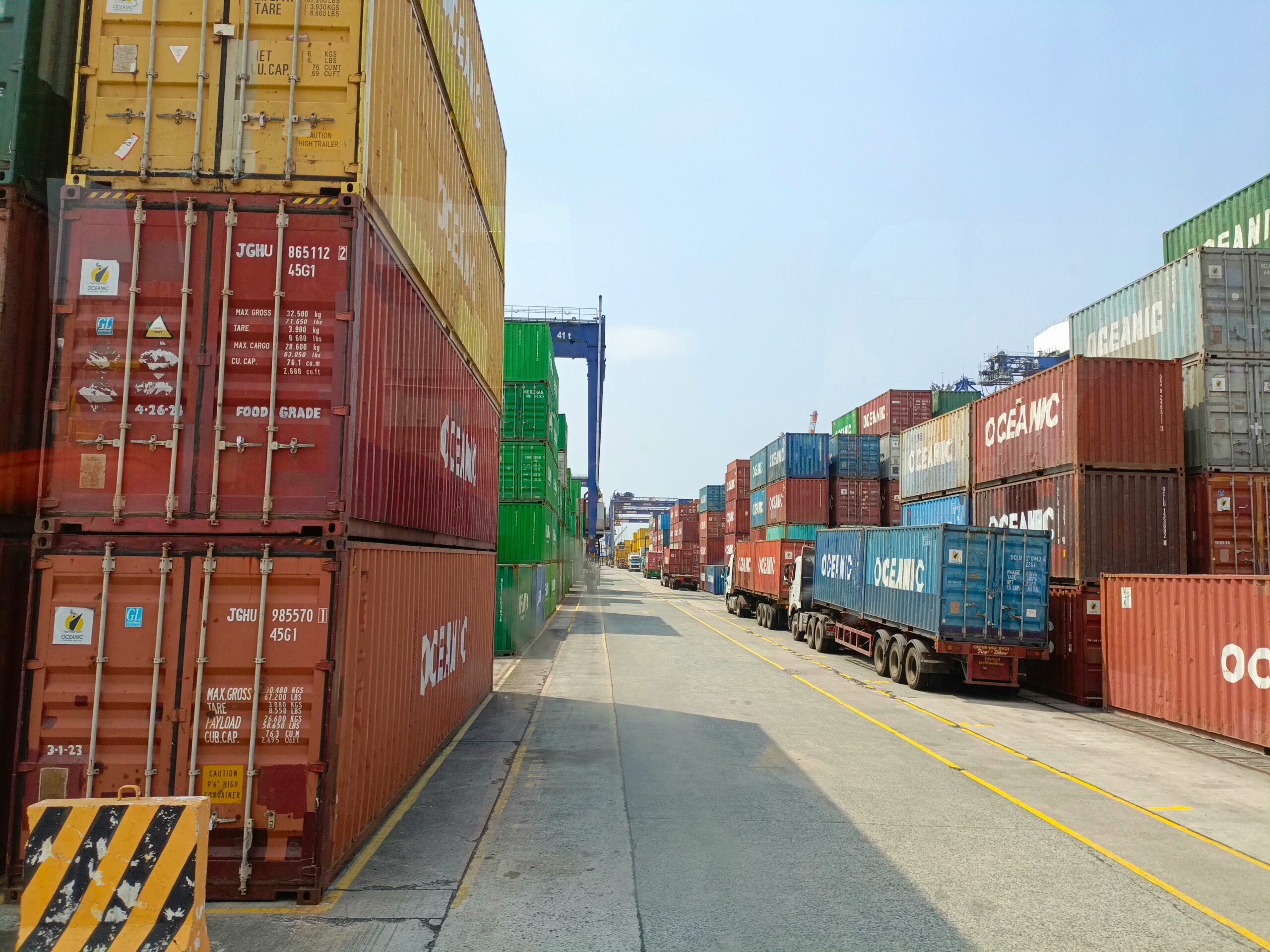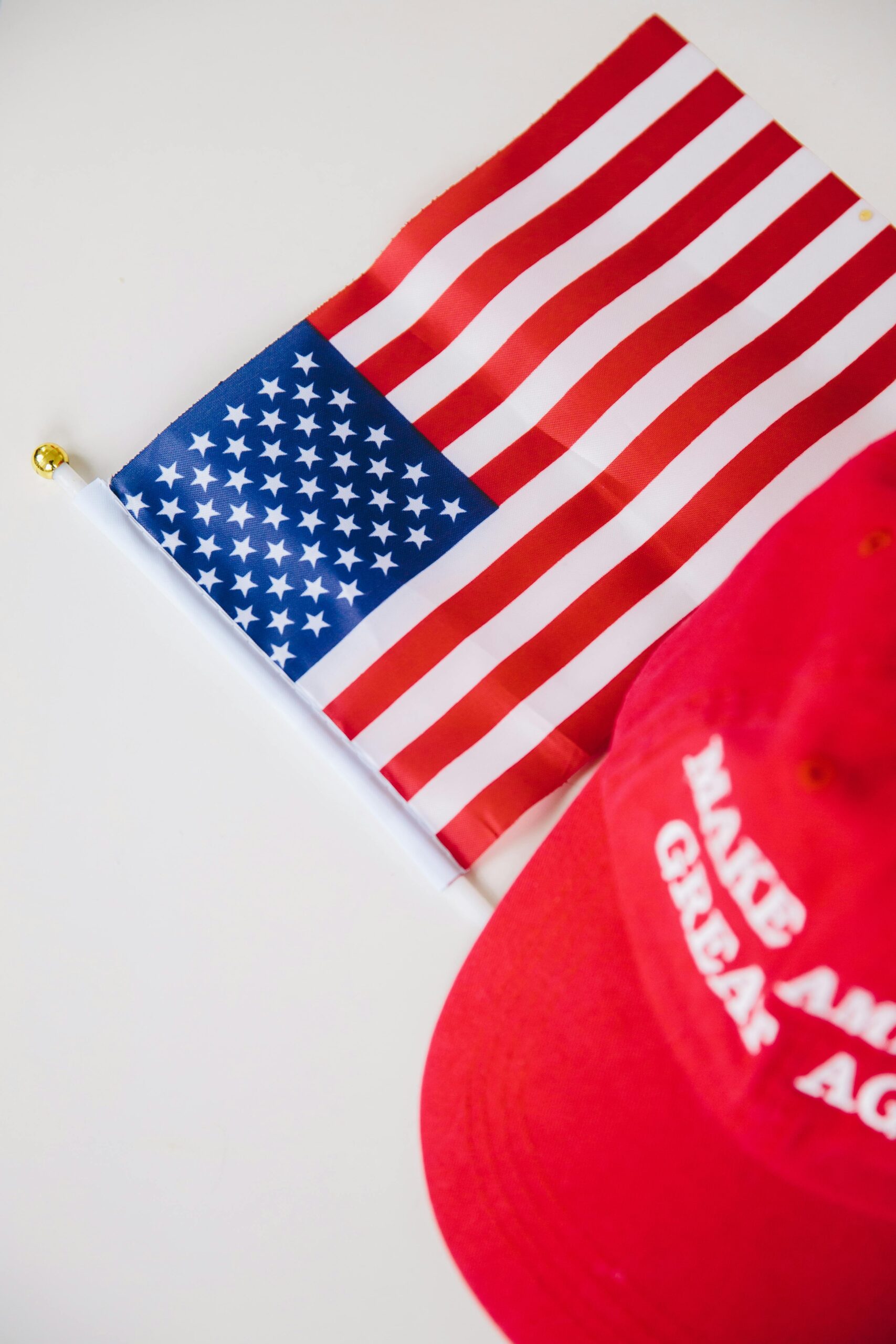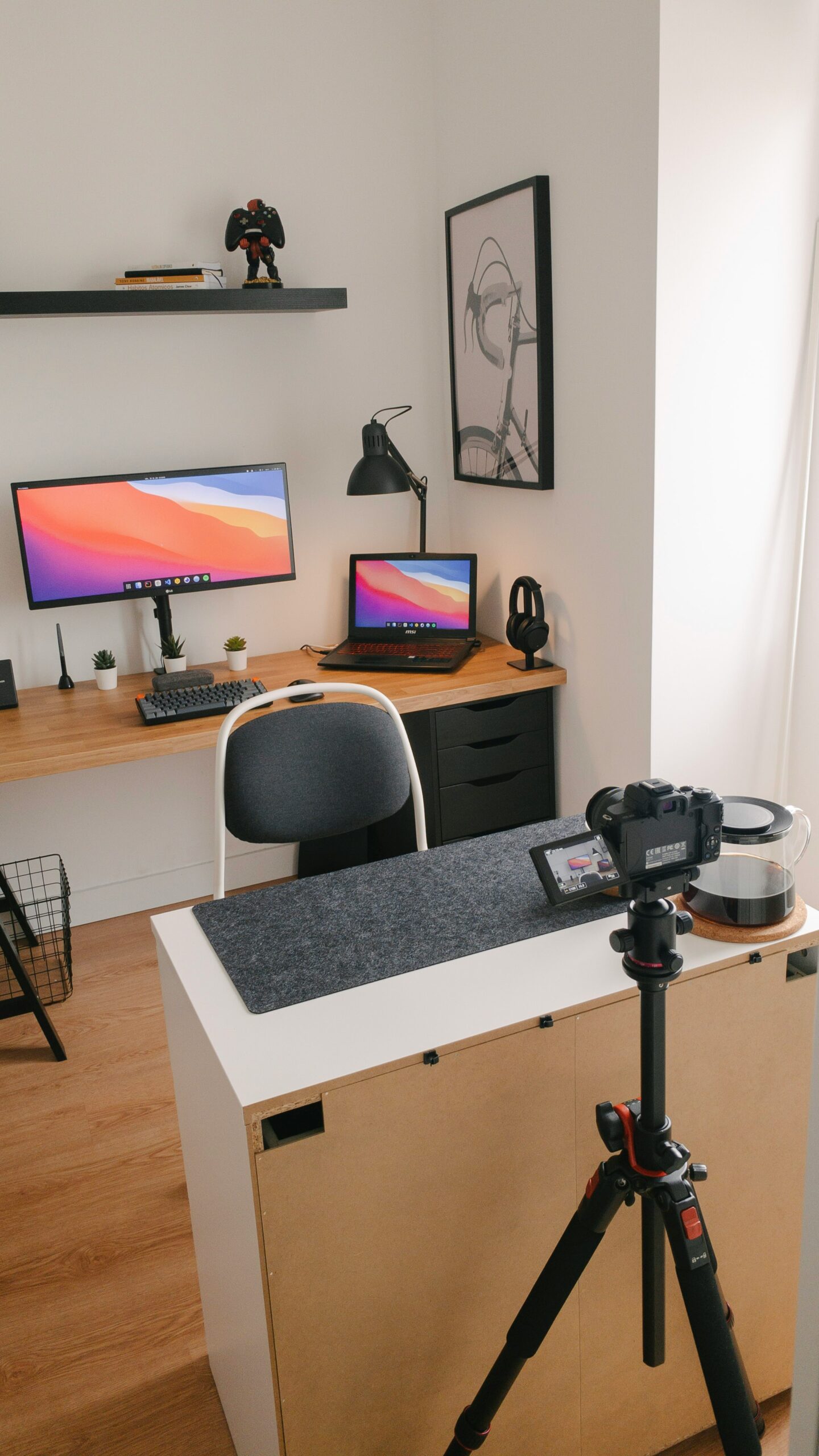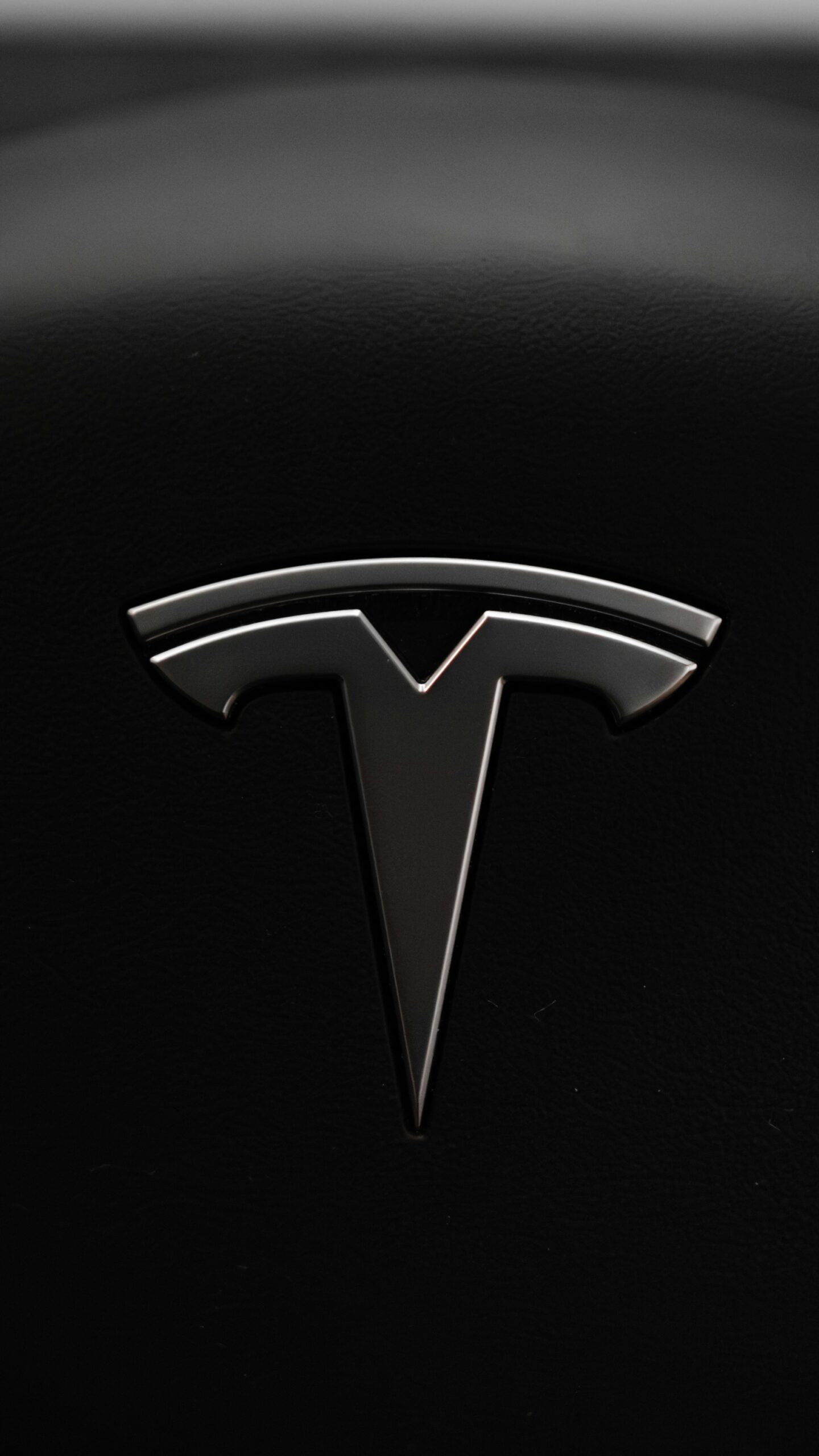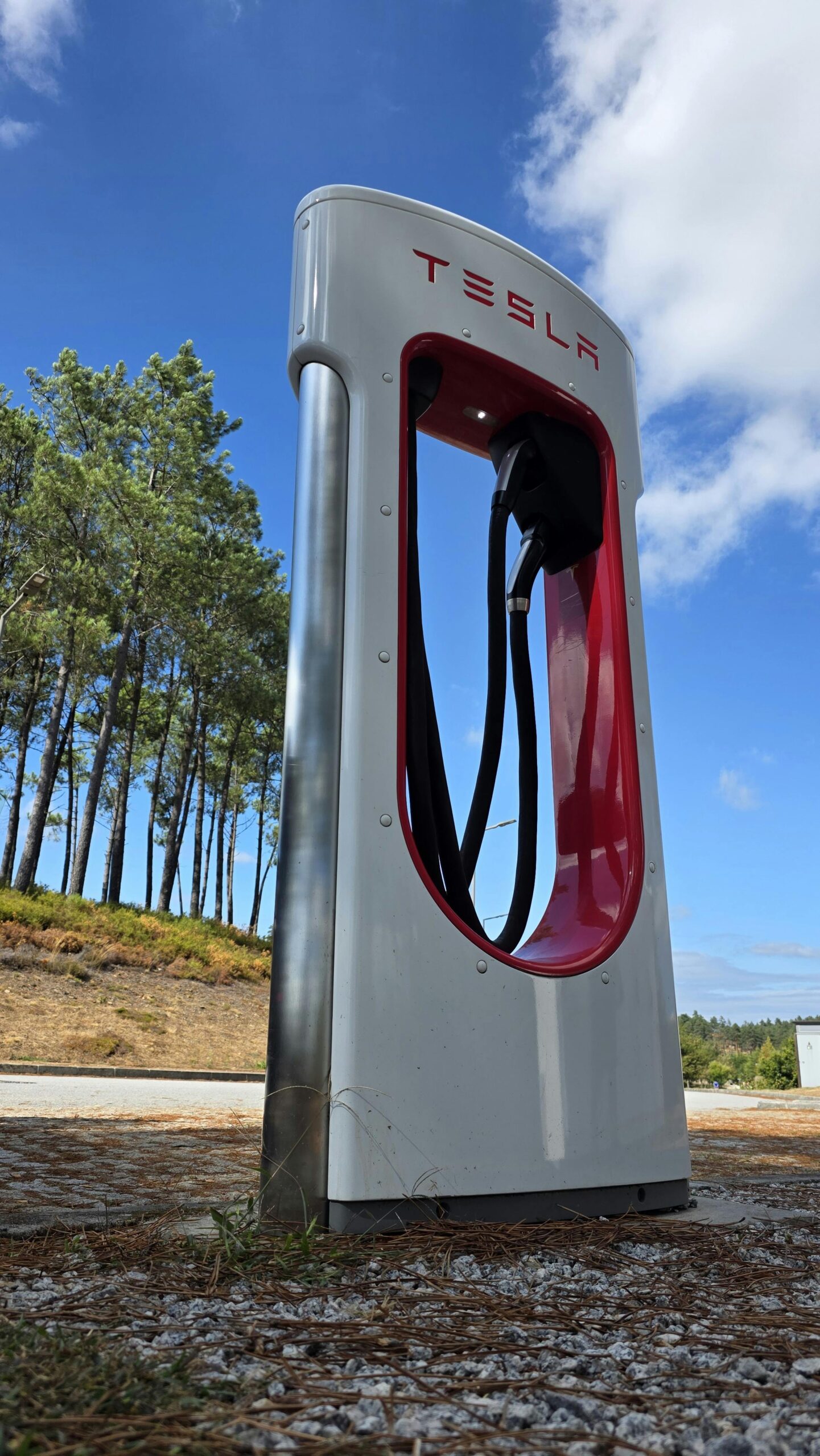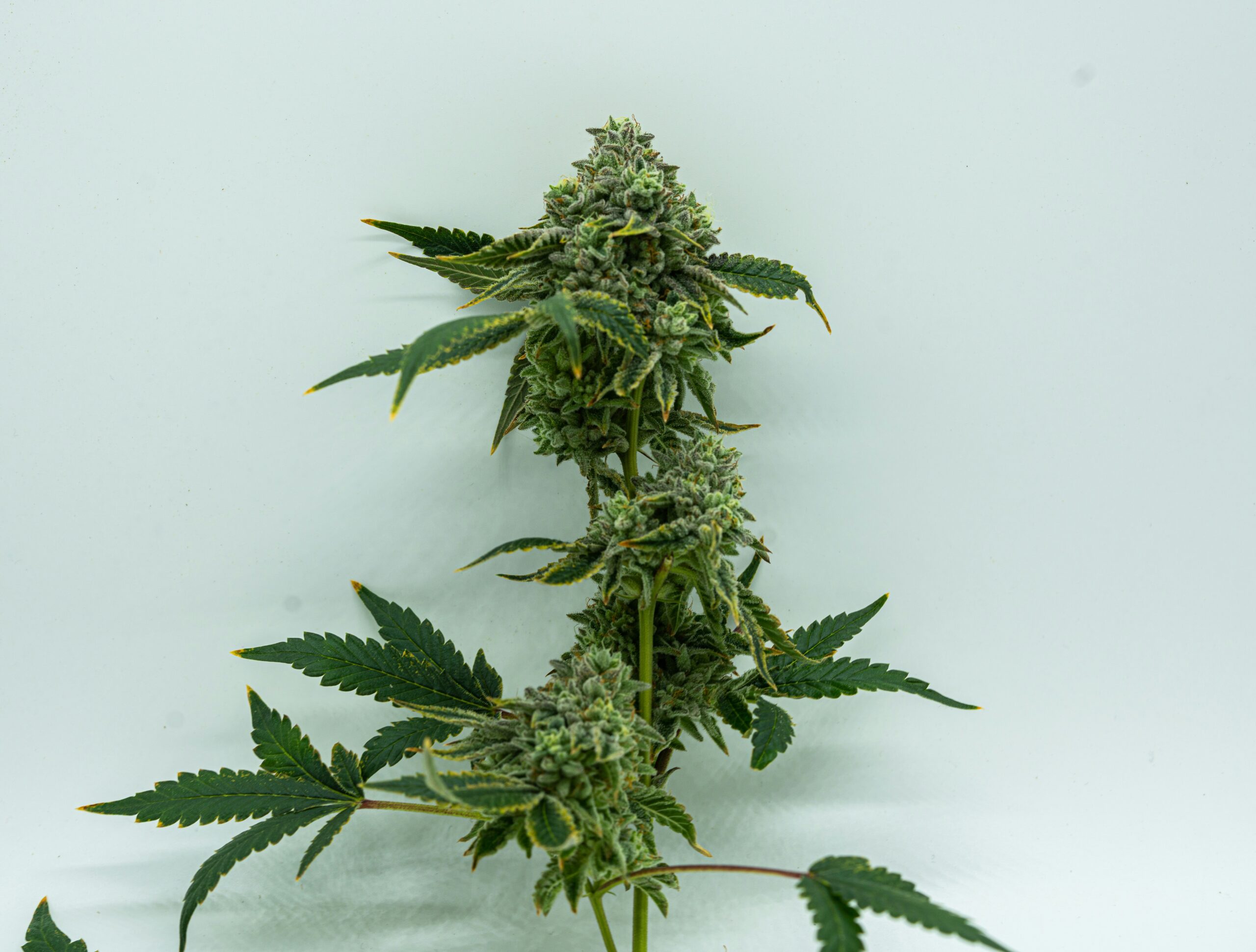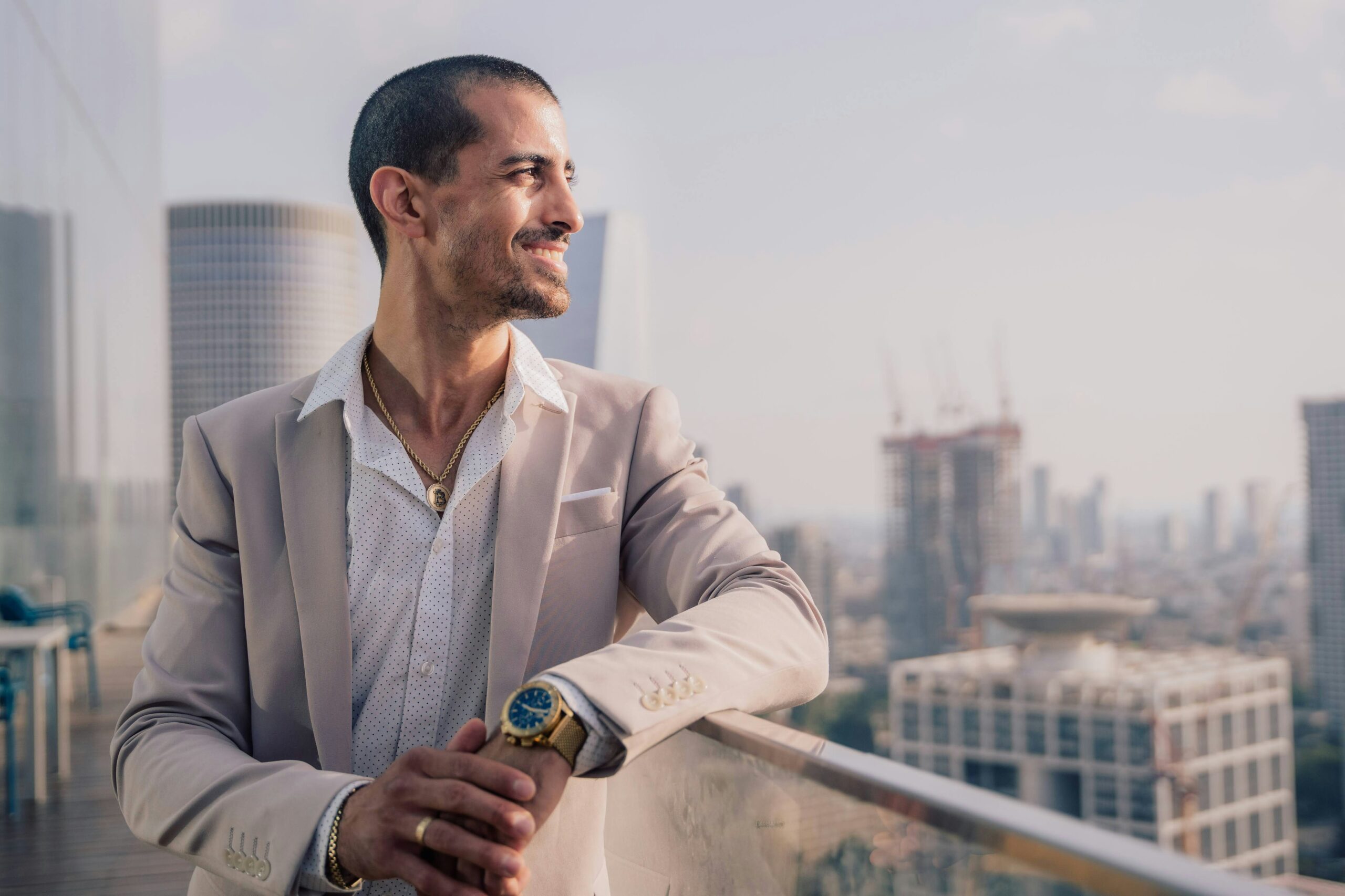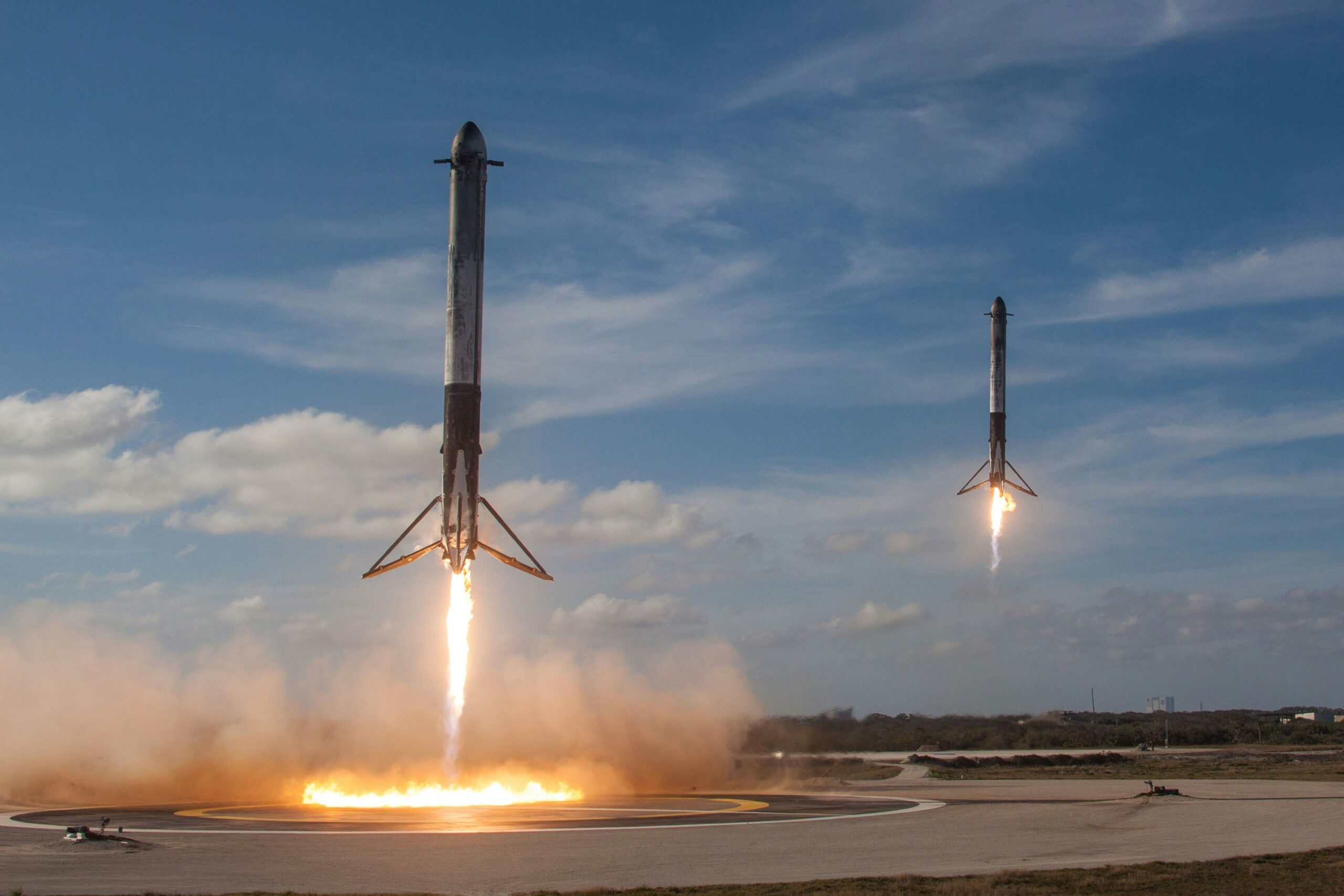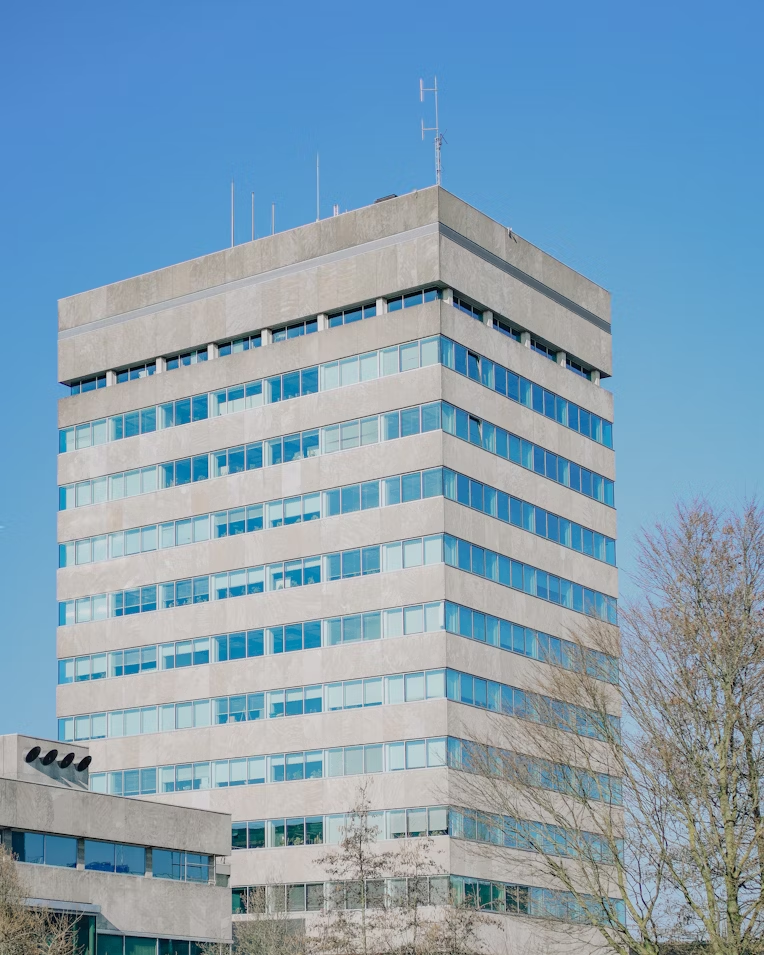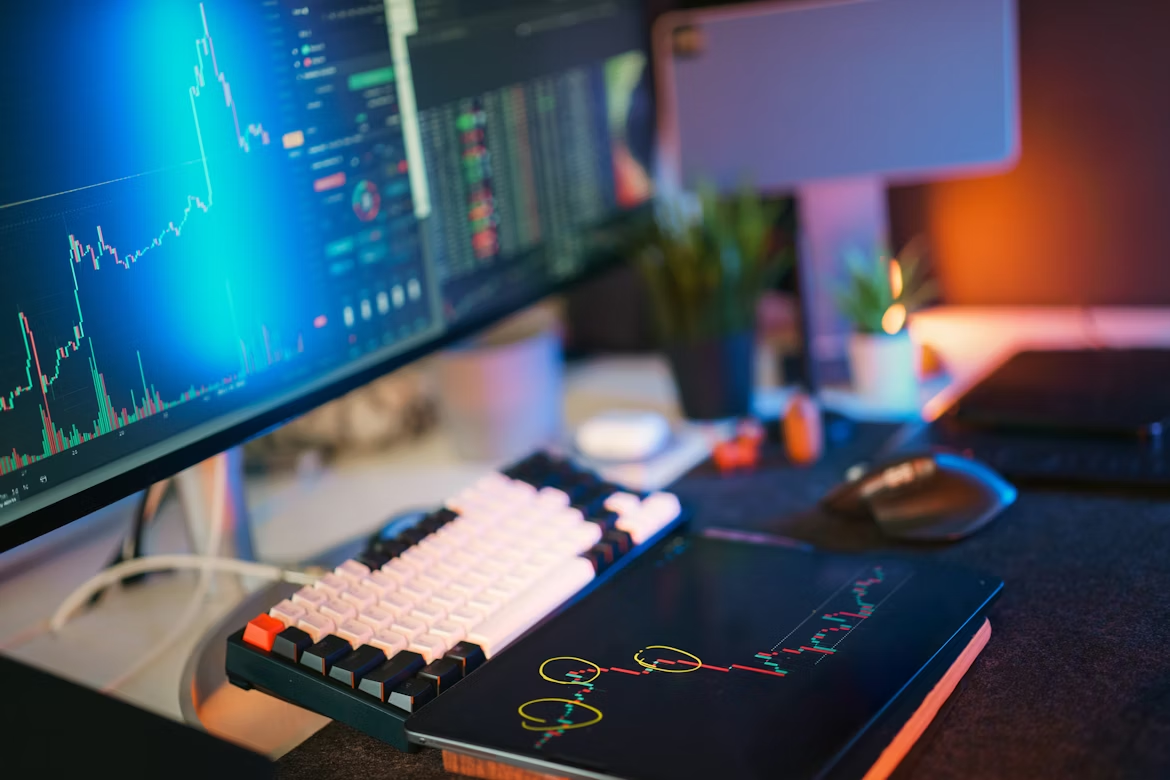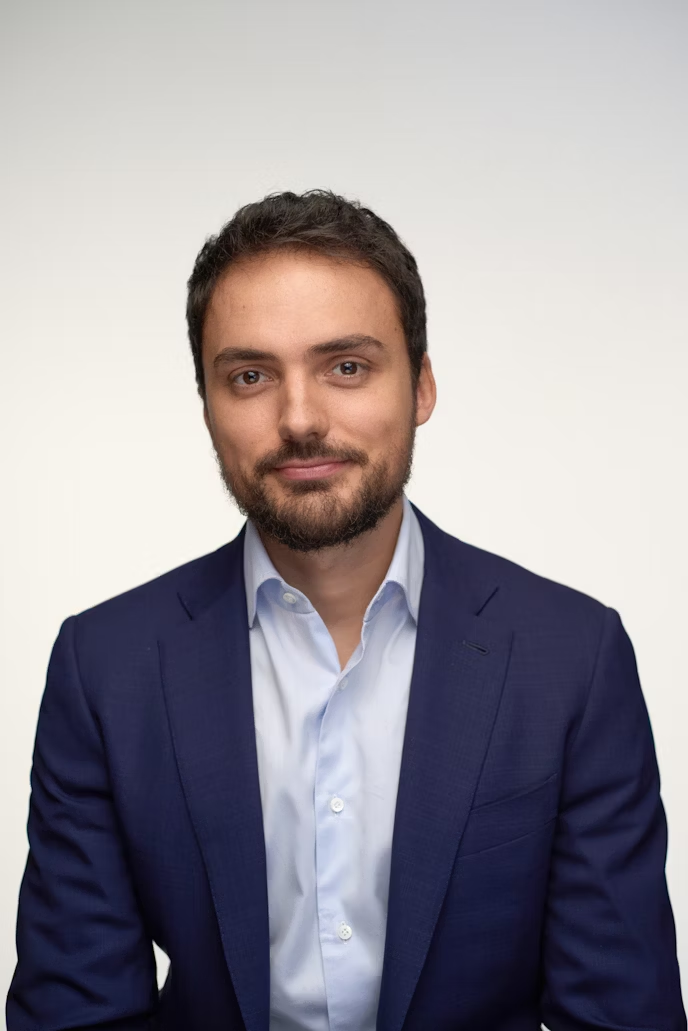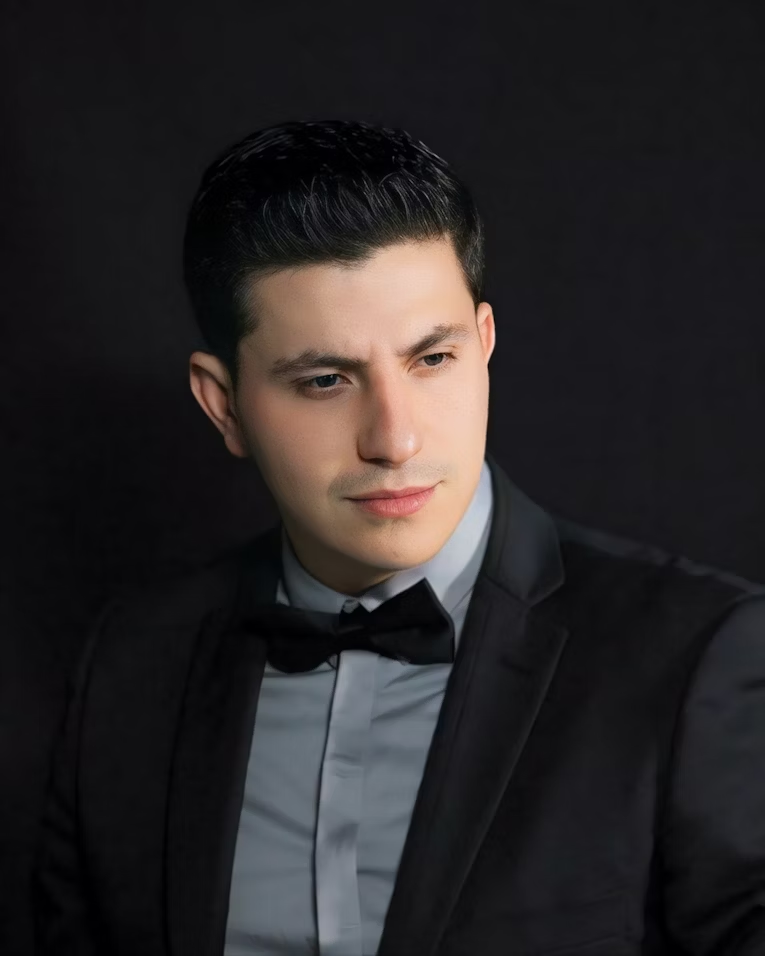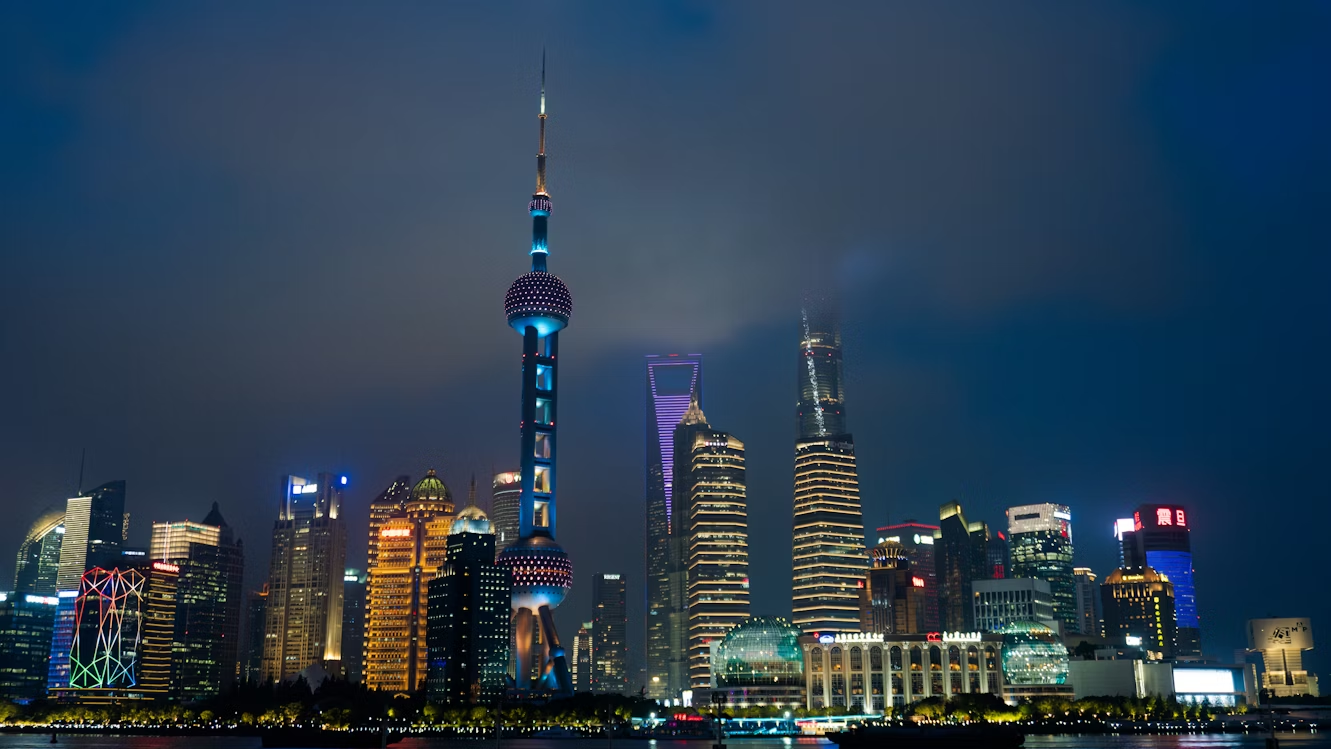Image credit: Pexels
Former Oxford University student Andrew Hopkins, who had a vision to revolutionize drug development, has seen his dream come to life with the founding of Exscientia, a company that utilizes artificial intelligence in the discovery and creation of medicines. Exscientia is now actively engaged in groundbreaking projects after Andrew dedicated 16 years of his life to this mission. Some of the highlights include the development of a pill to combat COVID-19 and precision-based cancer treatments.
Hopkins came from modest beginnings, as his parents were factory workers in Port Talbot. Before going to college, he worked at the town’s steelworks. While completing his Ph.D. at Oxford, he discovered a significant link between computers and advancing the drug development process.
Andrew was heavily researching novel HIV drugs in the mid-90s. When returning from the lab one night at 2 a.m., he began to have an epiphany. Andrew questioned how the process of inventing drugs could be made more efficient, and this moment marked the birth of his enduring vision of using computers to transform drug discovery, a concept that has guided his career for over two decades.
Growing up next to the Port Talbot steelworks in Wales had a significant impact on his love of science. His own work ethic was shaped by his parents, who met in 1965 while employed in a factory. At sixteen, Hopkins started working as a scientist in the steelworks after winning a scholarship to the University of Manchester to study chemistry. He returned to the steelworks after graduating, where he expanded his scientific knowledge and learned more about how businesses function.

Hopkins strongly advocates for the potential of AI to revolutionize healthcare. He believes that one of the primary reasons drug development is so expensive is because of the high failure rate in clinical trials. 96% of drug candidates will end up failing to make it to market. The process typically spans 15 years from the initial idea to drug approval for patient use.
Hopkins believes that AI has the power to drastically reduce cost and time. Researchers can conduct 90% fewer experiments if they use AI, which can streamline the development process. Exscientia’s work demonstrates that drugs can move from concept to clinical trials in as little as 18 months, much faster than the four years that it would usually take.
Hopkins highlights how crucial it is to give scientists the opportunity to witness how their research is translated into functional medications for patients—a unique accomplishment in the pharmaceutical sector. In a recent precision medicine clinical trial, Exscientia tested almost 140 different medications on a sample of patients with blood cancer, providing tailored insights into patient responses. Findings revealed that, in contrast to the control group, 25% of patients in the tested group continued to be progression-free after four years, which is an impressive achievement.
Although there are still worries about how AI will affect jobs, Hopkins thinks AI is more of a sign of a new industrial revolution than a force that will eliminate jobs. Currently, Exscientia has about 500 employees spread across offices and labs around the globe, with over 350 of those based in the UK. He emphasizes that artificial intelligence is a tool for boosting and speeding up innovation in the pharmaceutical industry, not a substitute for human traits like empathy and understanding in interpersonal relationships.













